While talking with several vendors in the clinical trials space recently, I was reminded of the wealth of experience from people who work on that side of the industry – including many of whom have come from pharma or healthcare positions before crossing over to work in solutions provision.
It emphasized once again for me the value in having multiple stakeholder voices involved in the development of strategies for taking things forward in clinical research.
Specifically in the field of patient recruitment, it certainly seems like a good idea to bring in the views of people who have actually been doing this successfully as vendors, in order to have some kind of sense check as to whether the suggested route to enrolling patients is likely to work or not.
Which gives me further evidence to support the idea that working together in a collaborative way is the only real way to move forward.

